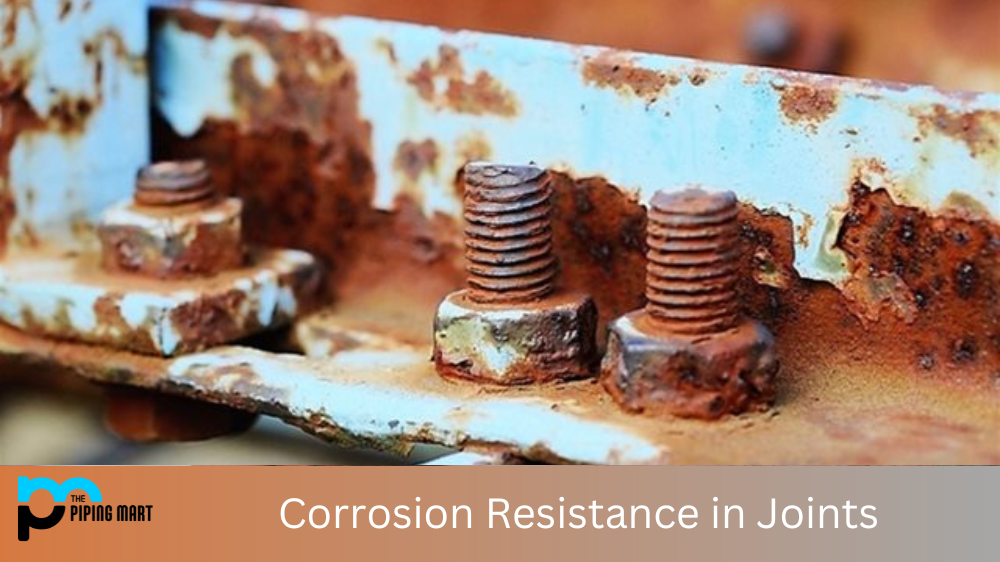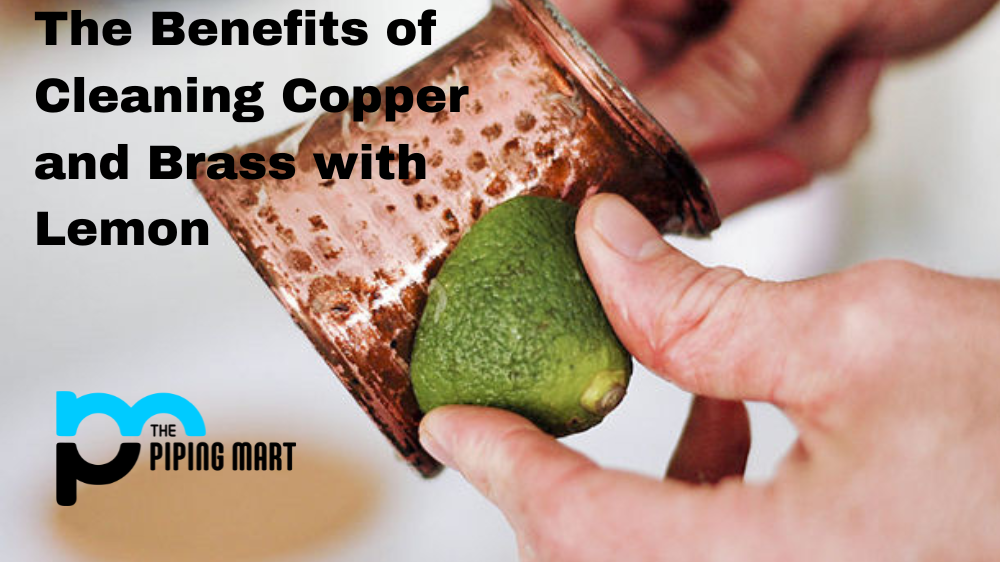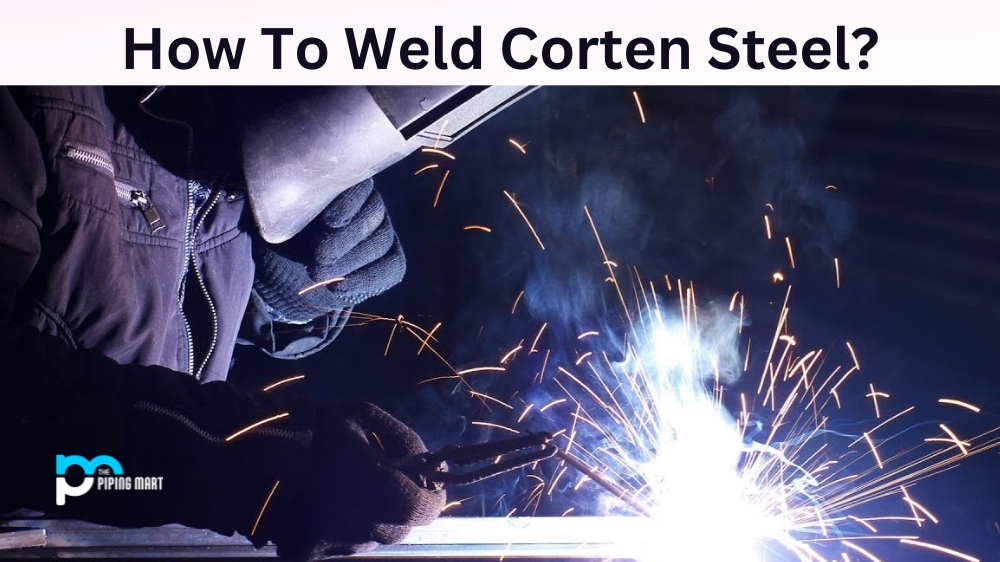Joints and fasteners are an integral part of any structure, from the home to industrial buildings. Knowing which joints have the highest corrosion resistance for different applications is important. In this blog, we’ll explore the different types of joints that offer high levels of corrosion resistance.
Welded Joints
Welded joints are created when two pieces of metal are melted together and cooled, creating a single piece out of two separate ones. This type of joint is one of the most common and offers high levels of corrosion resistance because it creates a strong seal between the two pieces that can withstand even harsh environments. Welded joints are often used in plumbing, automotive, and aerospace applications where there is a need for strength and durability in addition to corrosion resistance.
Riveted Joints
Riveted joints are created by using rivets to join two pieces together. Rivets are small metal pins with heads on one end that are driven through both pieces and then hammered down so that they stay in place. Riveted joints offer excellent corrosion resistance due to their tight fit, which prevents moisture from entering the joint and causing rust or other forms of deterioration. This type of joint is commonly used in shipbuilding and construction applications where extreme durability and strength are needed as high levels of corrosion resistance.
Bolted Joints
Bolted joints consist of bolts inserted into holes drilled into both pieces being joined together. The bolt is then tightened using a nut or washer, creating a secure connection between the two parts. Bolted joints provide good corrosion resistance due to their tight fit and ability to withstand vibration without loosening over time. They are often used in automotive applications such as exhaust systems where corrosion-resistant materials must be used due to their proximity to water sources such as rivers and oceans.
Conclusion
When choosing a joint for your application, it’s important to consider which type offers the best overall combination of strength, durability, and corrosion resistance. Welded, riveted, and bolted joints all provide high levels of protection against rusting or other forms of deterioration due to their tight fit combined with their ability to withstand vibration without loosening over time. No matter which type you choose for your project, you can rest assured knowing it will provide reliable performance for years to come!

Meet Bhavesh, a seasoned blogger with a wealth of knowledge and experience. From metal products manufacturing to retail, Bhavesh has a diverse background in various industries and is dedicated to sharing his insights and expertise with readers.




